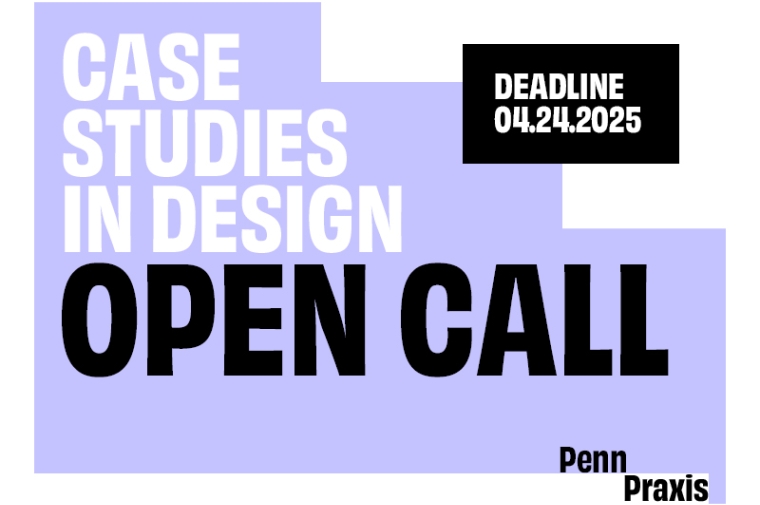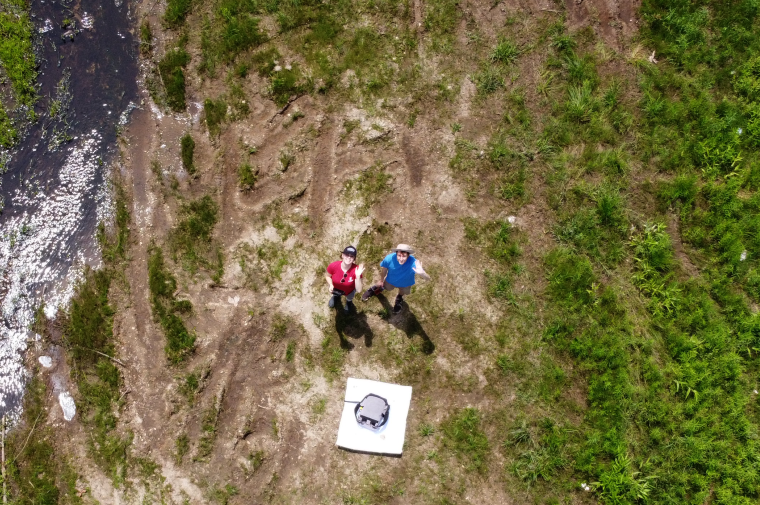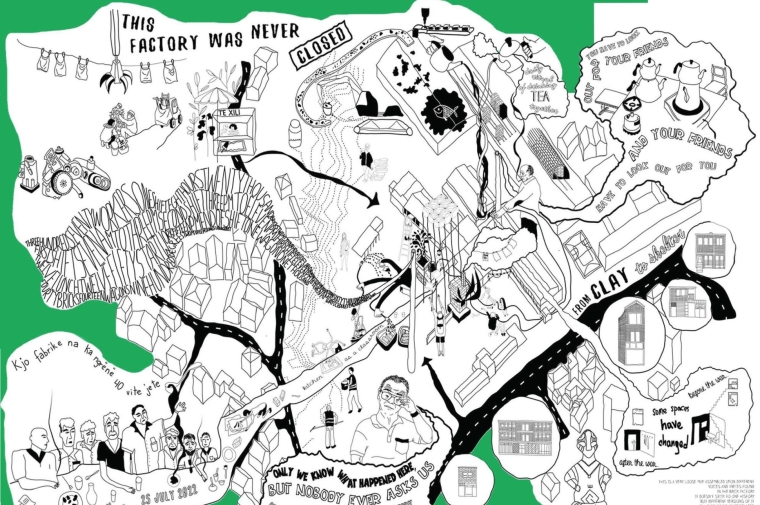November 27, 2017
Stuart Weitzman School of Design
102 Meyerson Hall
210 South 34th Street
Philadelphia, PA 19104
Get the latest Weitzman news in your Inbox
Areas
A distinct result of the 2016 Presidential election was the realization of the pronounced differences between rural and urban communities in the United States. Identifying how these differences impact development and design decision-making, PennPraxis invited the founders of the Wassaic Project, an arts organization and development in Upstate New York, to engage all of PennDesign’s five disciplines – architecture, fine art, historic preservation, city and regional planning and landscape architecture – in a conversation about their approach, goals, and challenges.
The Wassaic Project uses arts and arts education to foster positive social change in Wassaic, NY, a farming community in Duchess County hard hit by the economic downturn. Housed in a restored mill and livestock auction house, the founders and their rotating group of residential artists have fostered a positive environment of growth, conversation, art, dance and improved economic impacts in the region.
The Project has been so successful that founders Jeff Barnett-Winsby and Bowie Zunino and entrepreneur Scott Anderson of Wassaic Community Development Partners, are working together to develop a defunct campus just south of Wassaic. The presentation and ensuing dialogue highlighted the ways these rural entrepreneurs and artists are grappling with the same questions of community, good design and other amenities Penn students and faculty deliberate, often in more urban settings.
As the first “Praxis Dialogue” between the urban and rural, the Wassaic Project leaders illustrated how design can bridge over perceived gaps in experience and share solutions from rural to urban and vice versa. Their project demonstrated that thriving places embrace history, the arts and good design whether the population numbers in the hundreds or hundreds of thousands.
Praxis Dialogues is an ongoing series hosted by PennPraxis on the shifting definition of the public good and the challenges it poses to designers, stewards and managers of public space, as well as to politicians, elected officials, community leaders and citizens. The first three events were hosted in partnership with PlanPhilly. See more on the series here.
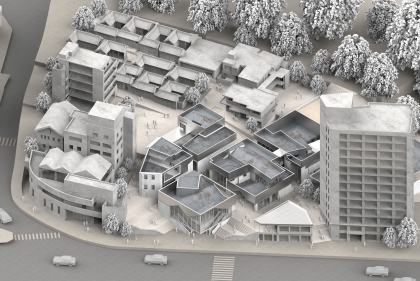
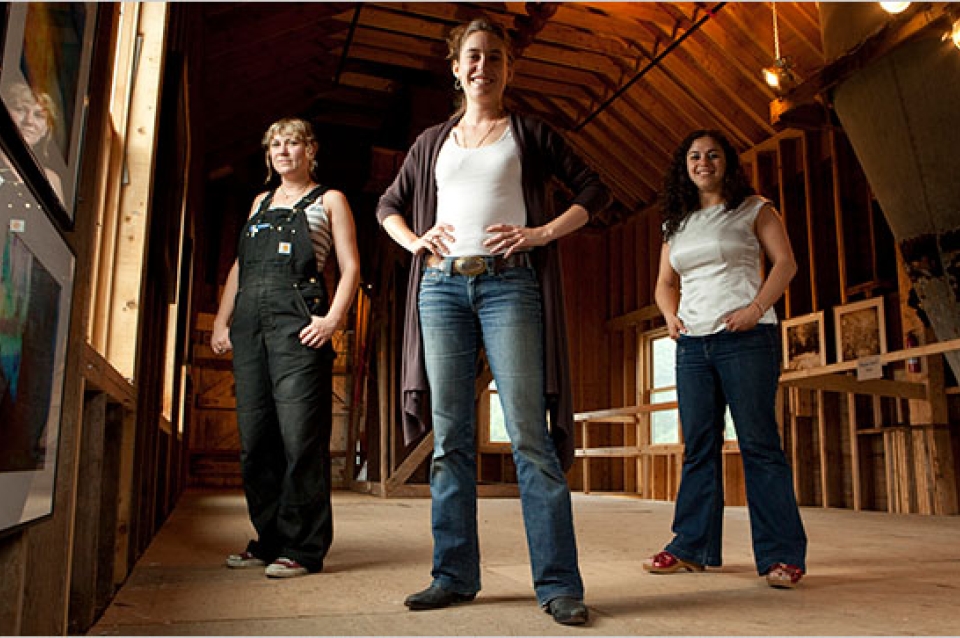
 View Slideshow
View Slideshow

